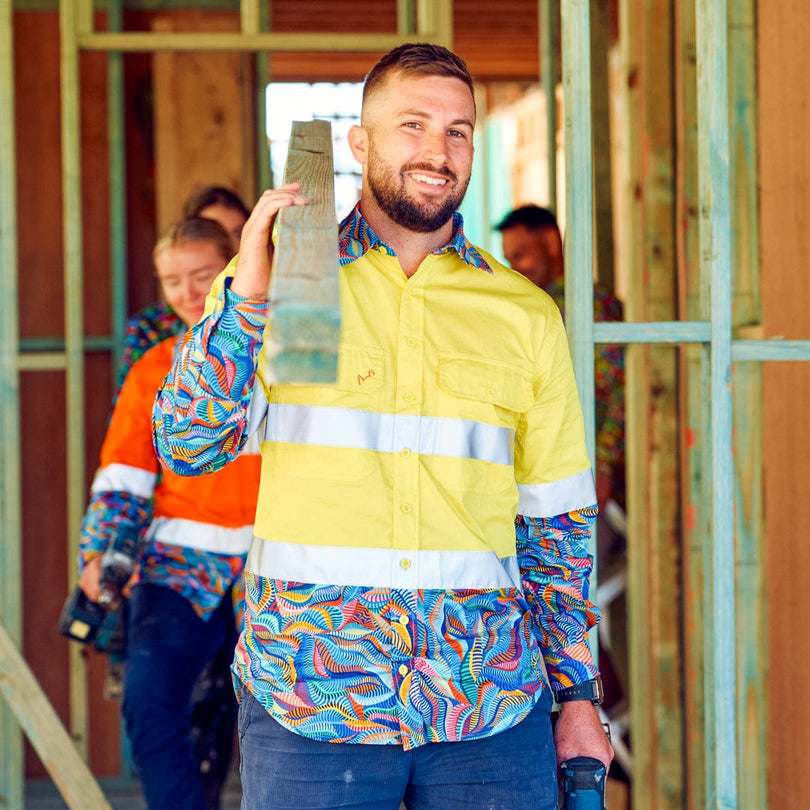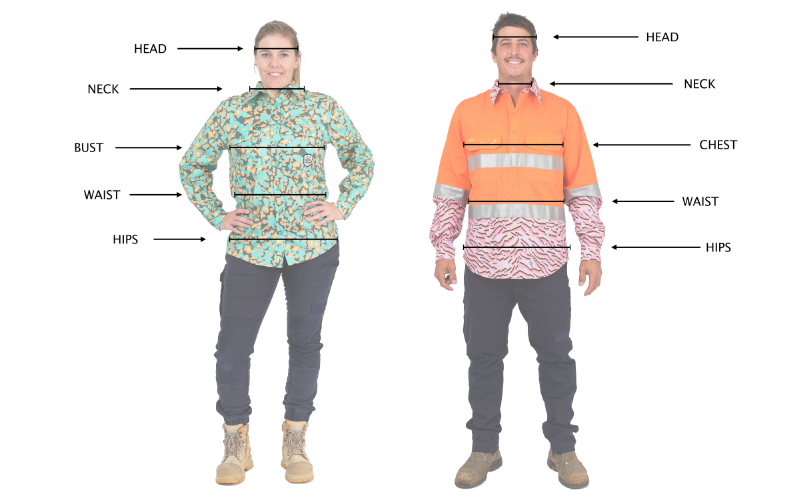There is something that we do in Australia that we do better than anywhere else in the world.
We take the piss.
We take the piss out of ourselves and we take the piss out of each other. It happens on building sites, sports fields and down at the pub.
The question is, where is the line between pulling the piss and bullying.
The reality is, the line is very blurry and there can be a barbed piece of truth to every bit of banter, disguised as humour.
I’ll be the first to admit, one of the things that I loved the most about working in a team environment on a construction site is the banter. From the outside looking in, banter can easily be perceived as malicious. What it is intended to be is using wordplay, irony and exaggeration to make fun of and laugh at your friends.
It’s the quick and usually witty remark that comes straight after saying or doing something stupid. It’s the ribbing that you cop when you spill a wheelbarrow full of concrete and it’s the laughs that come from sending the apprentice to grab smoko with everyone’s orders written on a piece of plywood bigger than he is. But what’s funny for you, may not be funny for everyone and this is where we need to take a good look at ourselves.
When it comes to banter, not everyone is cut out for it. Some people are good at laughing at themselves and others are not. One day you might be up for it, and the next day you’re just not up for any shit from anyone. We need to be better at reading these situations. Timing, tone and situation is everything.
The issue is that in male-dominated environments, we seem to be quite hard on those of us who don’t get involved in the laughs.
It is almost an unwritten rule that if you don’t or can’t get involved in the banter culture, you’re not accepted into the crew which often draws more attention to yourself and the banter quickly turns into bullying.
Why is this a point of discussion? Because it can result in a tragic outcome.
Further, a parliamentary inquiry into workplace bullying estimated it cost Australia between $6 billion and $36 billion a year in lost productivity.
When you create an environment that is strongly rooted in banter, people put their guard up. Although it may only be joking and friendly fire, the fact remains that people don’t want to show any sign of weakness because they don’t want to become the butt of the next joke.
On the surface, this may seem pretty harmless but dig a little deeper and what we are really doing is protecting ourselves and our egos. We are reinforcing in our own minds that if we show any sign of weakness, we will get laughed at. We stop ourselves from being vulnerable.
Imagine the impact that this attitude has when it comes to mental health and reaching out for help. What chance does anyone needing help in these kinds of environments have of feeling supported to open up and show vulnerability when it comes to their mental health? The short answer is none.
Is this the kind of work environment that you want to be fostering? One where your staff feel like they can’t open up about anything more serious because the banter culture has them feeling like they will get laughed at? We’re all over here having jokes and taking the piss out of each other, but then we go and wave the mental health flag and try to encourage people to talk openly of they need to. What are we doing ourselves to differentiate between the banter culture and real life?
Here’s a couple of tips:
- For leaders - get serious with your workmates and colleagues from time to time, talk openly about some of the struggles that you’re going through or why you might not be feeling great. If you’re not having a good day, for whatever reason, get real and tell everyone that you’re struggling. Show that you can go deeper than just the regular worksite larrikinism. By showing vulnerability yourself, you instantly give permission for those around you to do the same. It has to start from the top.
- If you’re not sure whether your banter is being taken the right way, ask the person it is directed at. If they dodge the question or appear unconfident in their answer back, that’s a tell-tale sign that it’s more malicious and not funny.
- Take the main individual driving the banter aside and just let them know how certain types of banter actually makes you feel – they may be taken aback and stop – if they don’t, then you definitely know its more sinister than ‘just taking the piss’. At this point, you need to raise it with someone senior in the crew and if that doesn’t work out, it’s a good sign that maybe this crew isn’t for you.
A Worksite bully is the true coward, because they use it as a mechanism to exploit others insecurities as a way to mask their own. It happens in every workplace but can have a much more devastating effect on worksites due to the 'pack' nature talked to above.
It is one of many silent killers in our industry and we collectively need to address it.
If you are currently experiencing worksite bullying - please message us here, here or through our website here and we'll put you in contact with the right people to talk to.
If you are in need of immediate help please contact Lifeline or Beyond Blue.














